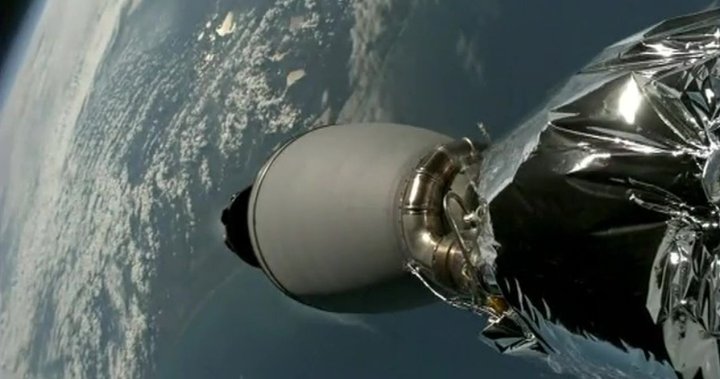
Edmonton doctor working with NASA to study cancer samples in space
Global News
Dr. Matthew Strickland and his team will study the affects of microgravity on cancer by studying how patient-derived cancer organoids behave in space.
An Edmonton-born oncologist is using a new frontier to research ways to fight cancer. Dr. Matthew Strickland’s samples have been sent by NASA to the International Space Station.
Strickland and his team will study the effects of microgravity on cancer by studying how cancer samples — human tumour cells grown into a 3D model of patients’ tumor organoids — behave in space.
“How could microgravity be a tool to unlock secrets to cancer biology?” asked Strickland, who is a medical oncologist at Mass General Brigham (MGB) and an instructor at Harvard Medical School.
“Of course, with the overarching goal of trying to develop better therapies for patients in clinic.”
Strickland says studying how cancer behaves in space changes the factor of gravity, which is a constant on Earth, into a variable.
“The overarching hypothesis is that we can unlock truly unique cellular functions both within a single cell, but also the way that cells interact with each other, interact with their neighbours. And I think that this could be very valuable to unlock secrets for how cancer grows and becomes more aggressive in our patients.”
He believes, in the absence of gravity, more aggressive changes in cancer will be observed.
“Through those analyses, we’re going to be able to pinpoint exactly which switches are driving that more aggressive biology. And then, as a subsequent step, we can then develop approaches and strategies to shut down those switches,” Strickland said.











